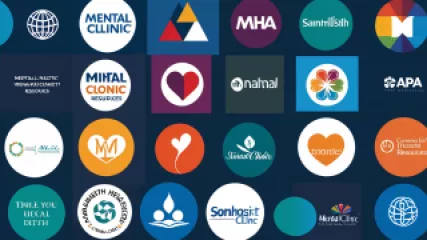The Impact of Social Networking on Mental Health: An Interview with a Therapist
1 year ago
Social Networking Impact
Improving Mental Health Access in Rural Communities: An Interview with Dr. Sarah Wilson
1 year ago
Mental Health in Rural Areas
Expert Insights: Overcoming Holiday Stress with Relaxation Techniques
1 year ago
Holiday Stress
How to Handle Criticism: 7 Self-Reflection Exercises
1 year ago
Handling Criticism
How to Integrate Spirituality into Your Mental Health Routine
1 year ago
Spirituality and Mental Health
10 Proven Work-Life Balance Techniques for a Fulfilling Life
1 year ago
Work Life Balance
Unlocking the Power of Animal-Assisted Therapy: A Step-by-Step Guide
1 year ago
Animal Assisted Therapy
The Power of Self-Empowerment: A Research Summary
1 year ago
Personal Power in Psychology
Ultimate Guide to Resolving Sibling Rivalry Issues
1 year ago
Sibling Rivalry Solutions
Top 10 Personal Power Techniques in Psychology
1 year ago
Personal Power in Psychology
Top 10 Mental Health Literacy Resources for Effective Coaching Services
1 year ago
Mental Health Literacy
Effective Ways to Improve Emotional Health with Counseling Services
1 year ago
Emotional Health
Learning Self-Esteem Lessons from Books and Movies
1 year ago
Emotional Health
Exploring Spiritual Healing Through Book and Movie Lessons
1 year ago
Spirituality and Mental Health
Achieving Work-Life Balance: A Step-by-Step Guide
1 year ago
Work Life Balance















